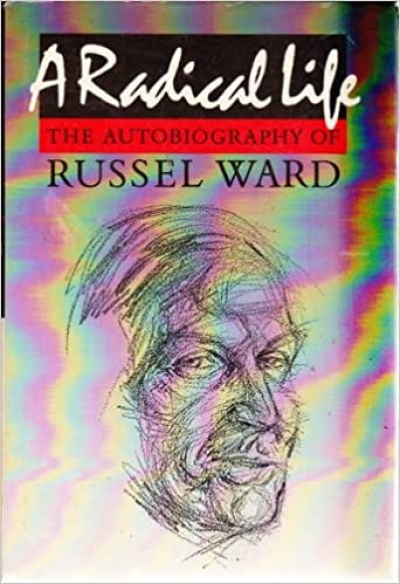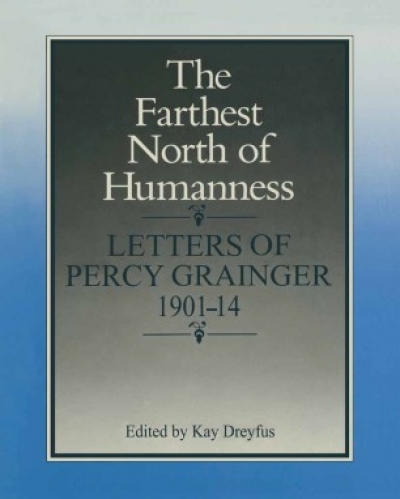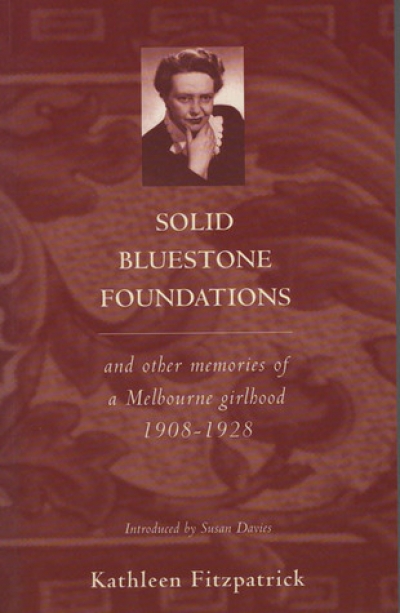Macmillan
A Radical Life: The autobiography of Russel Ward by Russel Ward
by Humphrey McQueen •
The Great Seesaw: A new view of the Western world 1750–2000 by Geoffrey Blainey
by G.C. Bolton •
Was Your Dad A Russian Spy?: The personal story of the Combe/Ivanov Affair by David Combe’s wife by Meena Blesing
by Bronwen Levy •
Ideas of The Restoration In English Literature, 1660–71 by Nicholas Jose
by Evan Jones •
The Macmillan Dictionary of Biography by Barry Jones and M.V. Dixon
by Kevin Childs •
The Farthest North of Humanness: Letters of Percy Grainger edited by Kay Dreyfus
by Jim Davidson •
Trumper: The illustrated biography by Ashley Mallett
by Eric Lord •
Solid Bluestone Foundations and Other Memories of a Melbourne Girlhood, 1908-1928 by Kathleen Fitzpatrick
by L.L. Robson •
In Search of Edward John Eyre by Geoffrey Dutton
by Ray Ericksen •










